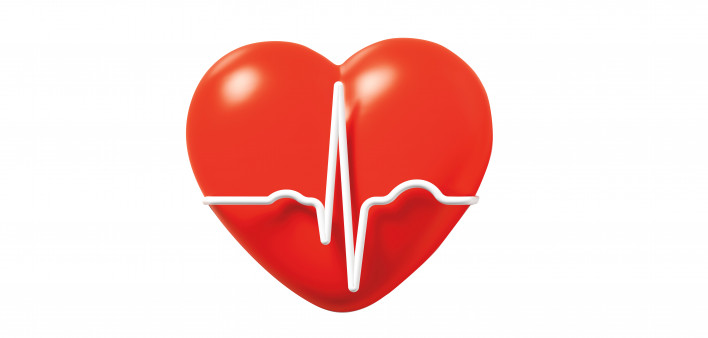If you’re living with HIV, you might be 50% more likely to experience heart disease compared with your HIV-negative peers, even if you’re younger than 40, have a normal body weight and don’t smoke. This is especially true for those with diabetes or hypertension.
As described in the Journal of Infectious Diseases, researchers compared heart health outcomes over 20 years among 9,233 HIV-positive and 36,816 HIV-negative people in the United Kingdom. Two thirds were men, and the median age was 41.
The researchers found that although people living with HIV were less likely to meet criteria for overweight or obesity and were less likely to have smoked, they were 50% more likely to experience any heart disease. What’s more, they were 42% more likely to have a stroke and 55% more likely to have ischemic heart disease, meaning the heart is not getting enough blood. When the researchers broke down the results by sex, women with HIV were 60% more likely to have cardiovascular disease than their HIV-negative peers. The good news is that peripheral artery disease, heart attacks and heart failure were less common among people living with HIV.
It’s unclear, however, whether HIV-positive people who were on treatment with an undetectable viral load were as likely to have poor heart outcomes as those with unsuppressed virus or what the effects of specific HIV medications were.
“The increased risk we report may therefore be due to other HIV-related mechanisms, such as persistent immune activation and inflammation caused [by] the presence of HIV viremia and microbial translocation, which occurs regardless of treatment status,” wrote Tiffany Gooden, PhD, of the University of Birmingham, and colleagues.







Comments
Comments